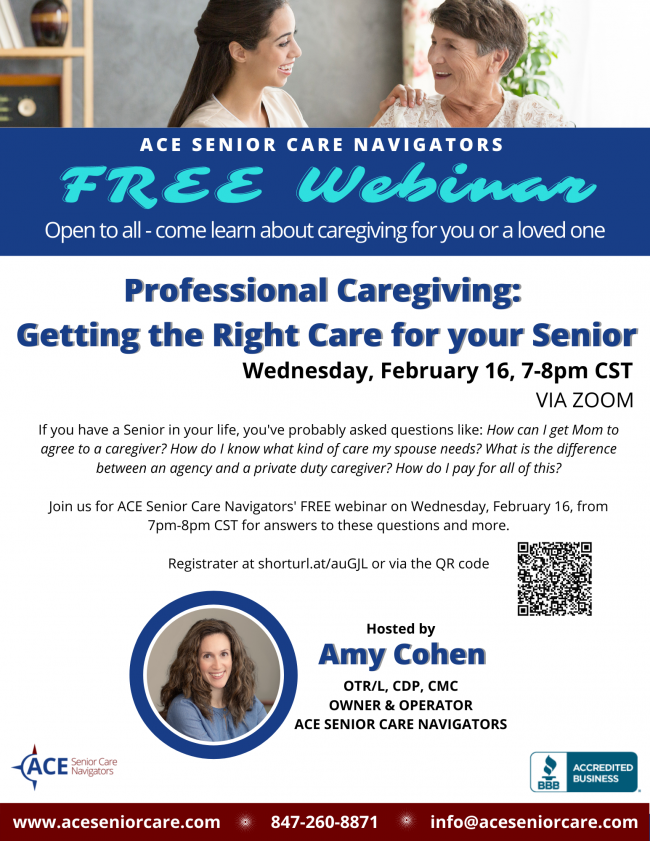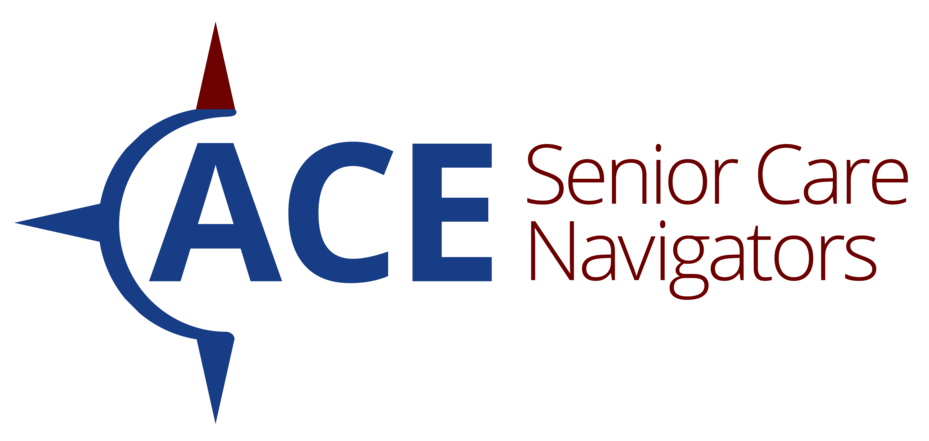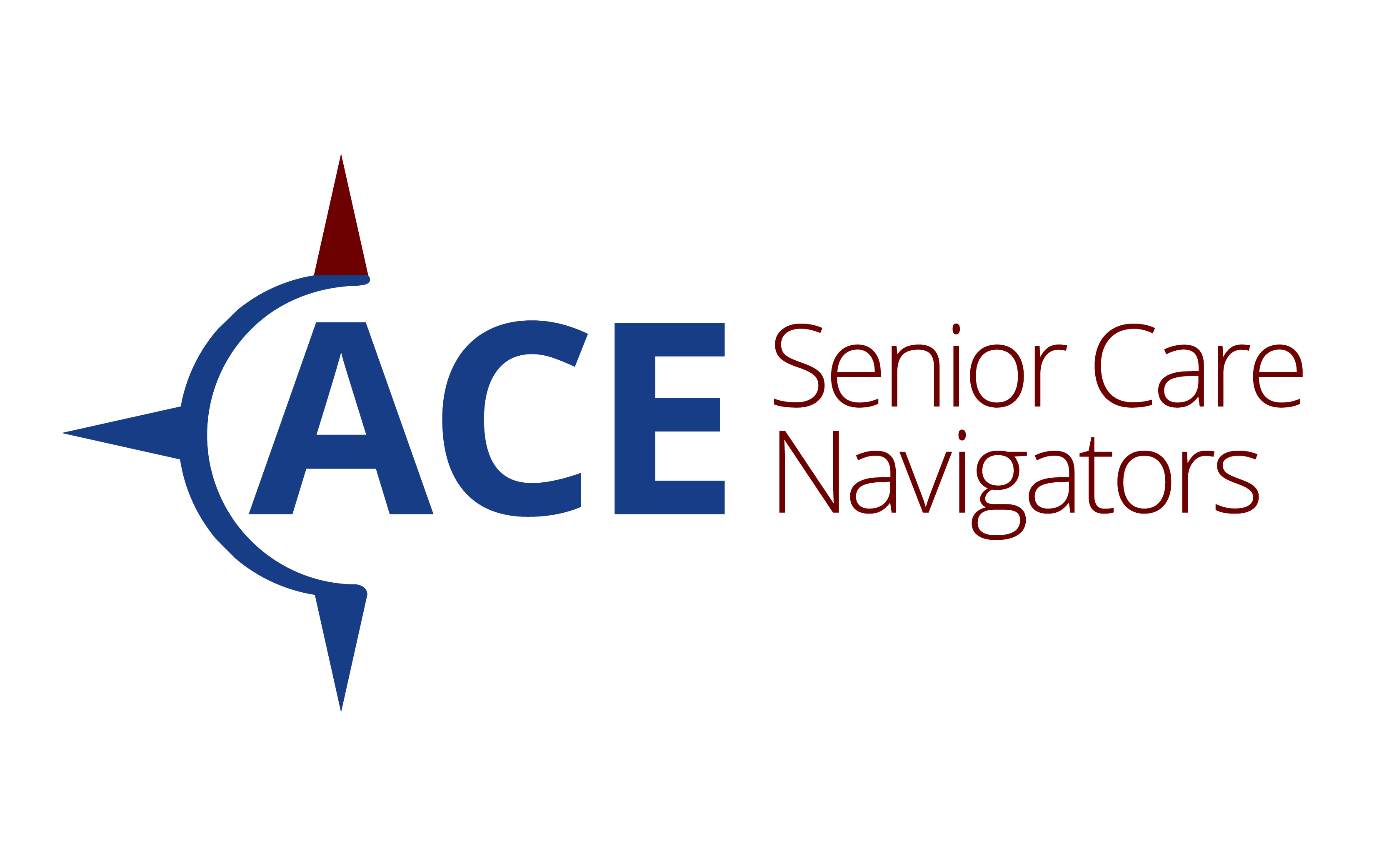Private Duty vs. Agency Caregiving

We’re glad you’re here to learn about the difference between private duty and agency caregiving employment! If you haven’t read our previous posts on the topic, we recommend checking out how to identify your Senior’s caregiving needs and how to figure out what caregiving schedule your Senior needs.
Now, it’s time to figure out how to actually get a caregiver. Did you know there are two different ways to hire a caregiver? Let’s take a look at the differences between private duty and agency caregiving employment.
- Private Duty: These caregivers work as independent providers. They typically connect with prospective families through word-of-mouth, social media, or through matching sites such as www.care.com. Management of the caregiver/client relationship is exclusively between the caregiver and the client.
- Agency: Agencies are companies, often licensed by the state, that employ and manage caregivers. When families hire an agency, the agency assesses the Senior’s needs and matches them with a caregiver. Management of the caregiver/client relationship is primarily through the agency.
How do I pick which one?
While some families do find success with private duty caregivers, ACE Senior Care Navigators advocates strongly for families to work with agencies whenever possible. While working with an agency costs more, the agency provides numerous benefits that otherwise need to be managed by the client. Remember, professional caregivers are laborers just like car mechanics, attorneys, journalists, and baristas. Therefore, the following factors need to be considered:
- Hiring: The process of interviewing, checking references, etc.
- Training: Ensuring the caregiver has the skills and knowledge to meet the job demands
- Management: Ongoing attention to caregiver’s performance and resolution of disputes
- Firing: Processing the caregiver’s release from the job
- Replacement: Starting over with a new caregiver if a previous caregiver resigns or is let go
- No-show: Handling a caregiver’s unexpected absence
- Fills: Handling a caregiver’s planned absence
- Service agreement: The legal document detailing the terms of the caregiver’s employment with a family
- Wages: Providing fair compensation to the caregiver
- Benefits: Management of caregiver benefits, such as short term disability
- Taxes: Management of required tax withholdings and accounting for employing a laborer
When you hire a private duty caregiver, guess who handles all of the above…
You.
And when you hire an agency to place a caregiver with you, guess who handles all of the above…
The agency.
Is it starting to make sense why we recommend using an agency whenever possible?
Other factors to consider
Understandably, cost is a concern for most families. Who wouldn’t want to get the best possible deal on a product or service? Private duty caregivers typically cost less than agency caregivers because you aren’t paying for the overhead costs of running a company. But keep in mind the other costs you are paying: Attorney fees to draw up the service agreement and resolve any labor disputes, accounting fees to manage taxes and wages, a potential increase in your homeowner’s or renter’s insurance to add on short term disability coverage for the caregiver, and, most notably, your time and energy spent managing all of this.
Most importantly, know that there are no regulations governing the performance of private duty caregivers. Any reputable agency will demonstrate some level of professional investment in providing quality care, such as:
- Licensure, if applicable for the state (Note that not all states license home care agencies. For an example of state regulations, see Illinois’ here.)
- Voluntary accreditation by JCAHO, CHAP, or ACHC
- Professional membership in the Home Care Association of America
With private duty caregiving, the client assumes full responsibility for ensuring that the caregiver is operating in an appropriate manner – and fielding any legal disputes about their work.
We know that sometimes, especially in rural areas, private duty caregiving may be the only option. Whatever your reasons are for hiring private duty over an agency, we cannot stress enough the importance of doing so with fidelity to the legal and financial process.
So where do I find a caregiver?
Particularly in urban and suburban areas, caregiving agencies are plentiful. To find those that service your area, we recommend checking with the senior services coordinator at your local government, your local Chamber of Commerce, your local Area Agency on Aging, the HCAOA, or doing an internet search for “ZIP code + caregiving agency.”
If you are looking to hire a private duty caregiver, this article explains many of the processes involved.
And as always, ACE Senior Care Navigators is here to help you with navigating your caregiving needs and more. Reach out to us today to get started.
Many thanks to Susan Scatchell of Gentle Home Services for her thoughtful contributions to this article.
PS If you’re interested in learning more about caregiving, we are hosting a FREE webinar, Professional Caregiving: Getting the Right Care for your Senior, on Wednesday. February 16, from 7-8pm CST. Check out the flier below, and register here: shorturl.at/auGJL.




